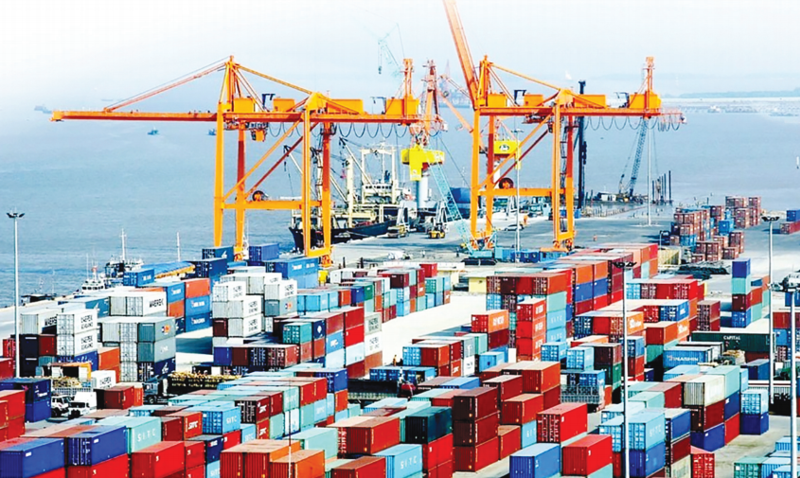Vietnam posted GDP growth of 8.02 per cent in 2022, the highest in 12 years, but the country should remain cautious as 2023 will be a challenging year, according to HSBC.
It noted in a report released on January 5 that the advantages Vietnam holds are declining.
The recovery of its tourism sector lagged behind other countries in the region. Vietnam welcomed 3.6 million foreign tourists last year, or 70 per cent of set target and lower than in Singapore and Thailand.
Its dismal manufacturing situation reflects a weakening external sector because Vietnam is susceptible to fluctuating demand in Western countries.
Due to global trade headwinds, Vietnam’s exports fell 14 per cent year-on-year in December, with broad-based weakness across major items, including electronics. Imports also fell sharply, by 8.1 per cent in the month, mostly driven by technology-related products.
Vietnam has been on the frontline, affected by a global technology cycle that is “cooling down”, given the import-intensive nature of its electronics manufacturing.
The manufacturing prospects for Vietnam are starting to face challenges, according to the report. The country’s manufacturing sector moved deeper into contraction amid deteriorating demand both domestically and overseas, as its Purchasing Managers’ Index (PMI), announced by S&P Global, dropped to 46.4 in December 2022 from 47.4 in November. The latest decline was the most marked since the pandemic-related downturn seen in the third quarter of 2021.
Vietnam’s trade surplus advantage has narrowed due to slowing exports and the increasing importation of fuel in the first half of 2022, leading to a low trade surplus of $4.1 billion last year, equivalent to 1 per cent of GDP.
It also continues to witness rising inflationary pressure. December was the third consecutive month that inflation exceeded the 4 per cent mark. The country also saw price hikes for raw materials. This means that the State Bank of Vietnam (SBV) is likely to continue tightening monetary policy.
HSBC said it expects the SBV to slow its monetary tightening pace as the US Fed is expected to slow and forex volatility has eased, though the Fed’s rising cycle will be still underway.
It expects the central bank to raise its refinancing rate by 0.5 percentage points in both the first and second quarters of the year, taking it to 7.0 per cent by mid-2023.









 Google translate
Google translate